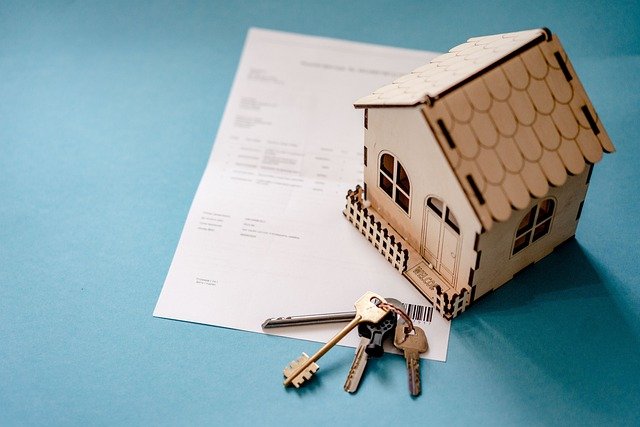Rent to Own Homes: A Path to Homeownership
Rent to own homes offer a unique opportunity for individuals and families to transition from renting to homeownership. This alternative path to purchasing a property allows renters to work towards owning their home while living in it. For many people who dream of owning a home but face challenges with traditional mortgages, rent to own agreements can provide a stepping stone to achieving their goals. Let's explore the concept of rent to own homes, how they work, and what potential buyers should consider before entering into such an arrangement.

The agreement usually includes an agreed-upon purchase price for the home, which is locked in at the beginning of the contract. This can be beneficial for tenants if property values in the area increase during the rental period. Additionally, some rent to own agreements may require an upfront option fee, which gives the tenant the exclusive right to purchase the property at the end of the lease term.
What are the benefits of rent to own homes?
Rent to own homes offer several advantages for both potential buyers and property owners. For tenants, this arrangement provides an opportunity to:
-
Build equity: A portion of the monthly rent payments may be credited towards the purchase price, helping tenants build equity in the home before they officially own it.
-
Improve credit: Consistent, on-time rent payments can help tenants improve their credit scores, potentially making it easier to secure a mortgage in the future.
-
Test the home: Living in the property allows tenants to experience the home and neighborhood before committing to a purchase.
-
Lock in purchase price: By agreeing on a future purchase price at the start of the contract, tenants can potentially benefit from property value increases.
For property owners, rent to own agreements can provide a steady income stream and a potential buyer for their property, which may be especially appealing in slow real estate markets.
What should potential buyers consider before entering a rent to own agreement?
While rent to own homes can be an attractive option, there are several factors that potential buyers should carefully consider:
-
Contract terms: Thoroughly review and understand all aspects of the agreement, including the purchase price, rental period, and any additional fees or requirements.
-
Home inspection: Conduct a professional home inspection to identify any potential issues with the property before signing the agreement.
-
Market value: Research the current market value of the home and consider potential changes in property values over the rental period.
-
Mortgage qualification: Work on improving credit scores and saving for a down payment to increase the likelihood of qualifying for a mortgage when the purchase option becomes available.
-
Maintenance responsibilities: Clarify who is responsible for property maintenance and repairs during the rental period.
How does the mortgage process work for rent to own homes?
When the rental period ends, and the tenant decides to exercise their option to purchase the home, they will need to secure a mortgage like any other homebuyer. However, the process may be slightly different for rent to own situations:
-
Down payment: The accumulated rent credits and option fee (if applicable) may be applied towards the down payment, potentially reducing the amount needed from savings.
-
Mortgage pre-approval: It’s advisable to start the mortgage pre-approval process well before the end of the rental period to ensure qualification and a smooth transition to ownership.
-
Home appraisal: The lender will require a professional appraisal of the property to ensure the agreed-upon purchase price aligns with the current market value.
-
Closing process: Once approved for a mortgage, the tenant-turned-buyer will go through the standard closing process, including title search, final walkthrough, and signing of necessary documents.
What are the potential risks of rent to own homes?
While rent to own agreements can offer a path to homeownership, they also come with potential risks that both parties should be aware of:
-
Market fluctuations: If property values decline, the tenant may be obligated to purchase the home at a higher price than its current market value.
-
Forfeiture of payments: If the tenant decides not to purchase the home or fails to qualify for a mortgage, they may lose the additional rent credits and option fee.
-
Property condition: The tenant may be responsible for maintenance and repairs during the rental period, potentially incurring unexpected costs.
-
Seller default: If the property owner faces financial difficulties or fails to maintain the property, it could jeopardize the tenant’s ability to purchase the home.
-
Complex contracts: Rent to own agreements can be legally complex, and it’s crucial to have a real estate attorney review the contract before signing.
Rent to own homes can provide a unique opportunity for individuals to work towards homeownership while renting. By understanding the process, benefits, and potential risks involved, prospective buyers can make informed decisions about whether this path is right for their situation. As with any significant financial decision, it’s essential to conduct thorough research, seek professional advice, and carefully consider all aspects of the agreement before committing to a rent to own arrangement.






